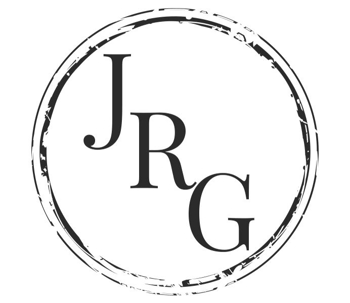What is a Settlement Agreement?
People and businesses enter into settlement agreements in order to resolve their differences once and for all. When the parties reach a settlement, they should put it in writing and have all parties sign it so that everyone understands the terms of the settlement and agree to be bound by it. Also, a written settlement agreement keeps the parties from later disputing the terms and conditions of the settlement. Most settlement agreements contain some standard provisions that are important to any settlement.
Settlement Recitals
A settlement agreement should have recitals explaining the facts involving the dispute and state that the parties have reached a settlement. Although the recitals are not an enforceable part of the settlement agreement, they provide guidance for anyone reading the settlement agreement as to how and why it was entered into.
Settlement Terms
A settlement agreement should specify the settlement terms, such as whether one party is paying a certain amount to another party or a party may be agreeing to perform a certain act or refrain from taking certain actions. If the parties are already in litigation, then the settlement agreement will typically require that the parties dismiss the lawsuit.
Does Someone Accept Liability in a Settlement?
Most settlement agreements have language stating that neither party admits any liability or responsibility for any of the alleged actions or wrongdoings that gave rise to the dispute.
Settlement Agreement and Release of All Claims
A settlement agreement usually contains a general release of all claims in addition to a release of all unknown claims. An issue may arise as to whether these releases will be unilateral (meaning one party is releasing the other party) or bilateral (meaning that both parties release each other from any claims). The type of release depends upon the facts and circumstances of the dispute.
The Settlement Covenant
A settlement agreement will typically have a covenant that the parties will not sue each other over the subject matter of the settlement. However, the agreement may state that the parties reserve the right to go to court to enforce the terms and conditions of the settlement agreement. If the parties are already in litigation, then the agreement will typically state that the court reserves jurisdiction to address any disputes that may arise pursuant to the settlement agreement.
Confidentiality and Nondisclosure
A confidentiality and nondisclosure clause is fairly customary in most settlement agreements, especially when one party is paying some amount to the other party. Most parties do not want the terms of their settlement to become a matter of public record.
Finally, a settlement agreement will contain general terms and conditions on such matters as the controlling law (e.g. California law) and the venue and jurisdiction for any disputes.
A party should certainly consult with an attorney to understand both the terms and conditions along with the implications of entering into a settlement agreement.
If you are looking at entering into personal injury settlement, reach out to JRG Attorneys at Law to discuss your accident and determine whether or not you are being offered a fair settlement. Fill out our online contact form today.

